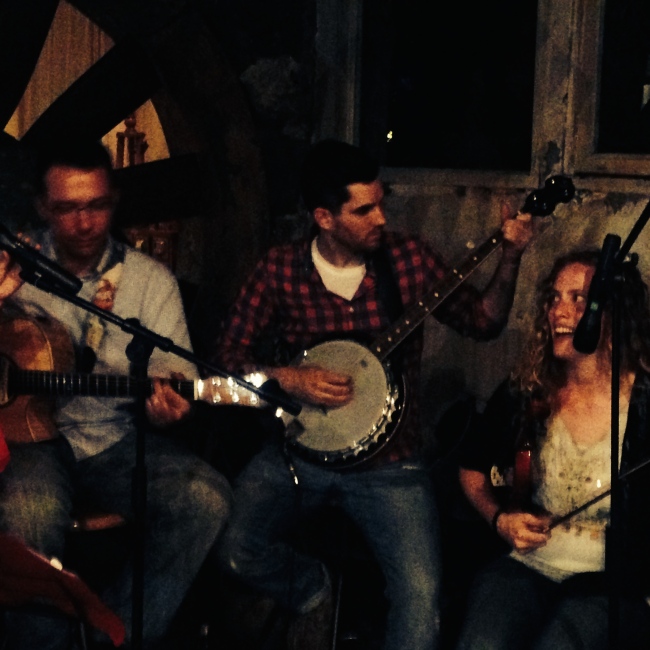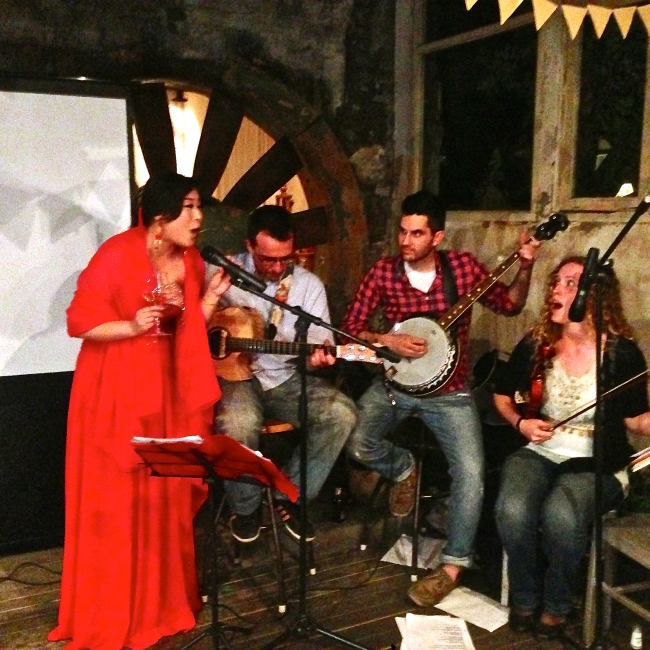“You Americans don’t understand anything about Chinese culture,” my roommate on the Yangtze River cruise said. We’d been talking about cultural differences in Chinese, and he had reached this conclusion based off of recent news. He said that Americans are fine, but that they know nothing about China. (And if you are thinking “You know nothing, Jon Snow,” then you and I have the same brain).
To be frank, I could say the same about him and American culture. We would be trying to talk about it, and when we reached a Chinese word I didn’t know that was related to American history, he’d be aghast, saying that I don’t know my own history! Then, when I looked up this mysterious word, which was “The Civil War” I had to explain that we use different words to describe our history, and that maybe I just didn’t know how to talk about it in Chinese. He was a plump guy with an impressive collection of Hawaiian shirts and pants that never quite made it past his socks. He also had an innate ability not to pay for things and to cheat the tourism market to save hundreds of yuan. I had much to learn from him.
But as much as we could talk about certain things, and as much as he thought he understood my culture, still there would be times when he would interrupt a good conversation to ask what I consider to be stupid questions.
Such as:
“Why is your hair gold?”
“Can you use RMB [Chinese money]?”
“How long are you going to stand here and look at things?”
We all have our moments.
Still, it bothered me. China and America are both such big, influential countries, it seems like the most important thing in the world is to understand each other, or at the very least be able to have conversations with each other without it being reduced to mud-throwing or argumentation. A real conversation–the art that sometimes I feel is slowly dying in a comment-strewn wasteland.
We never really got to that point, mostly because my Chinese has limits, and his English is basically non-existent. A pity. Sometimes speaking a foreign language feels like trying to stuff a handbag into a keyhole–there’s so much you want to say, but very limited capabilities with which to express it.
But sometimes, you make it work.
I found this when I went to the Summer Palace with one of my American friends, who was there for the week. (Only a week in China! How overwhelming.) We both play violin, and so it was with joy that we saw a man sitting at a desk with a violin case next to him. He had fake teeth that looked like they were about to flap right out of his mouth, a fanny pack, a stained white tank top, wild black and grey hair that looked as though it was struck by lightning, and a pair of glasses on his nose. His nose was bent over white paper on which he was practicing calligraphy.
“Want to make a new friend?” my friend asked me.
Obviously.
I sidled up next to him and mentioned that we both played violin. And, boom, the violin was in my friend’s hands. Then, it was my turn, and I played “The Butterfly Lover’s Concerto,” which is a famous violin and erhu piece in China. He got really excited, took out a beat-up erhu, and began to play with me. My poor friend was reduced to holding the music for us (though would get his chance later to play as the man then got us to do Beijing opera with him) and we played.
“You see?” he said to the surrounding gaggle of tourists watching our progress. “The American can play our music! And we are playing together now!”
Indeed we were, and although it wasn’t my finest performance, it was still a good one.
He kept playing, and then turned to expostulate some more to the audience. “Just as there is a great canal connecting Hangzhou and Beijing, so we are connected from far away. We are playing together, and so we are connected. Obama and Xi Jiping can fight and argue all they want, but we don’t need to do that, not here! Leave the fighting to the leaders. Chinese are good. Americans are good.”
And then we played once more, before romping around in Beijing opera (he had me singing, and my friend on violin).
Maybe that’s all it is. Once we realize that some governments represent only the idea of a place, then maybe we can realize that the actual place, the actual people, and the actual conversations are not as scary as we might think.
Or, when it doubt, make music and hope the rest comes together.

